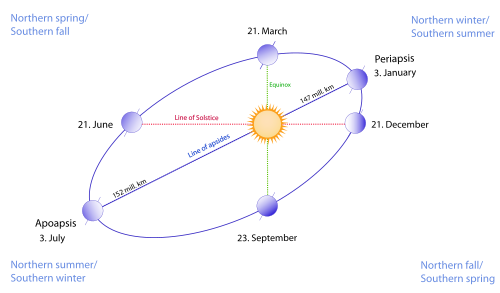(originally published in: http://www.sunstar.com.ph/davao/opinion/2013/03/22/uyboco-freethinking-me-274152)

One of the very first things ingrained to me when I was young was not to question my beliefs (or the beliefs handed down to me). There was one God and the Bible was his Word – divinely inspired and without error. I grew up in a family, church and community that sincerely believed, taught and lived out this truth. In fact, I would like to say that those who know me should in no way feel that they have been inadequate or that they are somehow at fault for the way I am now.
Before I was 10, I had already learned to defend my faith. Against my wishes, my dad enrolled me in the Ateneo for Grade 1, instead of the church-run school where most of my friends were, because it was too far from where we lived and therefore inconvenient to their daily routine. Perhaps he was confident in his ability to raise a Protestant son who went to a Catholic school.
After all, he lived by example, served his church wholeheartedly as an elder, and would quote the Bible to us when he wanted to teach us something important. Every day, he would wake us all up early in the morning and we would sit in a small circle. We would each take turns reading verses from the bible passage of the day.
My dad would then expound on that verse and give a mini-sermon. After that, we would kneel down and pray and each of us would have to utter a few words, not memorized, but from our hearts.
I remember coming home from school one day, eager to show something new that I had just learned. Before dinner, I led the prayer and made the sign of the cross. My dad promptly, but gently, told me that we don’t do that, and I got my first lesson in how my belief was different from almost all the others in my school.
And so the battle-lines were drawn. I resolved to learn all I could about my particular belief so that I could better defend myself in the “hostile” environment I was in. I listened intently in Sunday School. I participated in church activities like fellowships and Bible Quizzes and would marvel at the older kids who seemed to know a lot and I tried to emulate them.
I learned to read at an early age, and found a number of books in our house that talked about how to defend ourselves against Roman Catholicism, and I devoured these and memorized the arguments and the verses that countered them.
The Christian Life Education (or CLE) classes we had, however, rarely dealt with the topics I read about in my books, but rather focused on doctrines commonly held by both Protestants and Catholics alike — Jesus as the Savior, the Trinity, Original Sin, Loving Others, and so on. So I had no opportunity to show my teacher where he or she was “wrong” without waylaying the topic and looking like a total jerk.
I think I was around 12 when I gathered a couple of friends and went to challenge an old priest about why it was wrong to pray to Mary. I found Fr. Brugger seated on one of the stone benches overlooking the “front field” as we called it. I asked him, “Father, why do we need to pray to Mary?” I hoped to bait him into one of the arguments presented in a book I had just read, and planned to use certain verses to show why praying to Mary was idolatry and why it was a sin to do so.
His answer caught me off-guard, “You know, my boy, we don’t really need to. Some people just find it comforting to do so. It’s like talking to a friend who knows someone really important. But sure, you can talk directly to Jesus if you want.”
While I was still collecting my wits on how to convert this seeming stalemate into a win, he said something else, “You know what? People think that prayer is about you talking and talking and talking to God. But prayer is really about listening. When I pray, I just sit still, close my eyes and listen to what God is trying to tell me.”
And that totally floored me. I had no arguments against that. So I mumbled my thanks and left. I learned then that perhaps there was more to this whole thing than “Us versus Them.” That they are not the
“enemies,” as I always thought they were, and that it was very possible to have meaningful discourse and dialogue that leads to better understanding across beliefs and cultures.
We are all humans, after all, and there are no sides because the earth is round and the universe is vast.
*****
Andy Uyboco is a businessman, trainer and speaker. You may email him at andy@freethinking.me, but if you just want to point out that earth isn’t actually round but spherical, well, I already know that.


